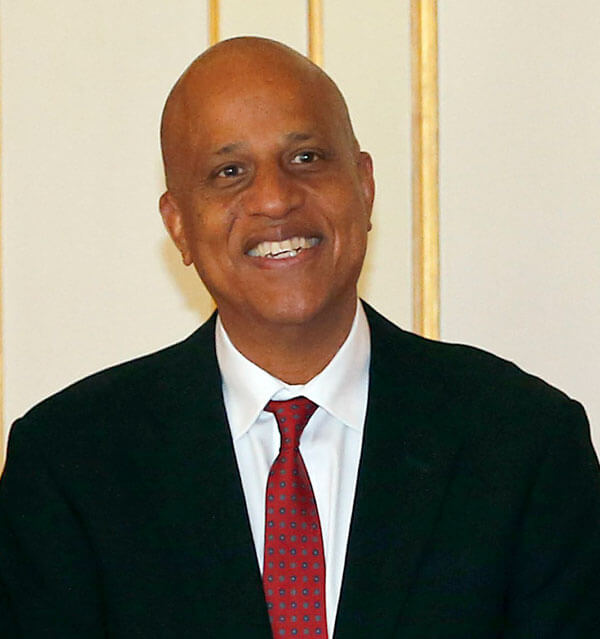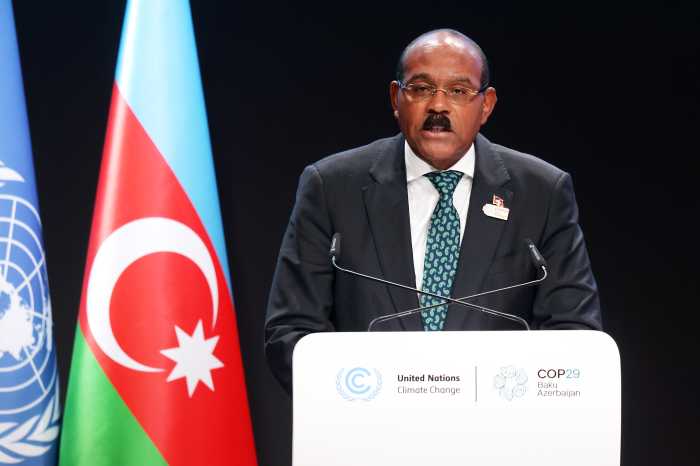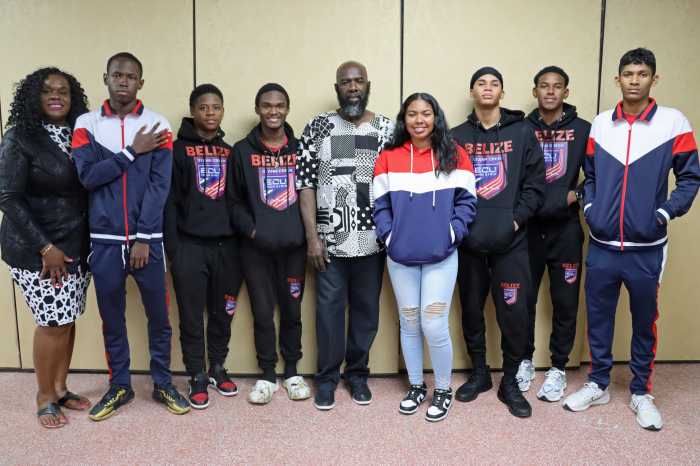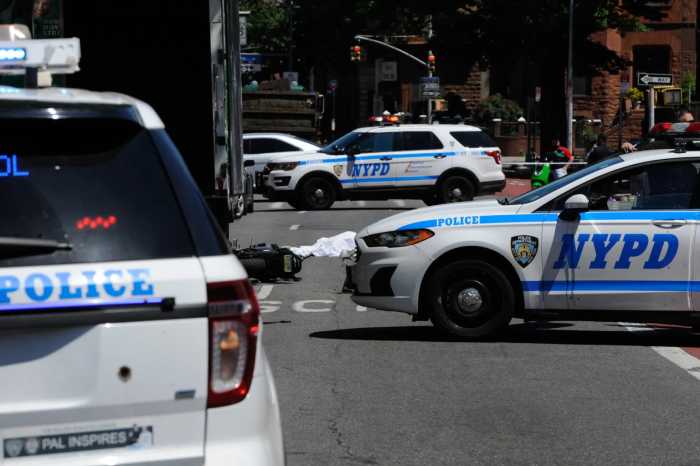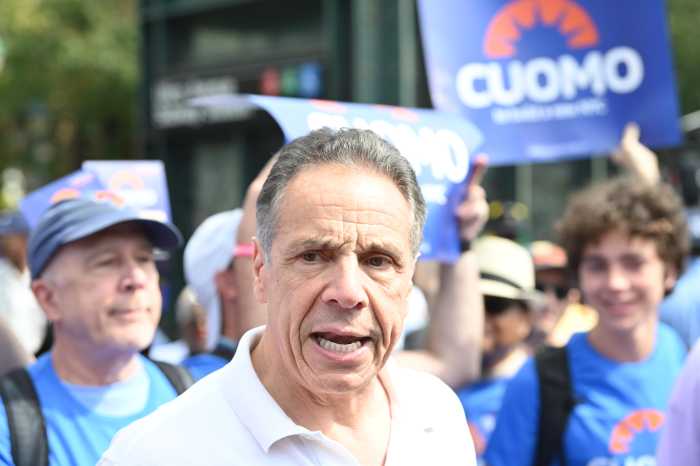Just in the past three weeks alone, two Caribbean Community nations held general elections, a third is set to hold one in less than a month’s time and once the new year breaks, all bets are off as to which party will form Jamaica’s next government.
Seeking a fourth consecutive five-year term, Prime Minister Ralph Gonsalves named Wednesday, Dec. 9 as the date for general elections in St. Vincent and indications are that he is fighting a rearguard action to defeat Opposition Leader Eustace Arnhim and candidates from his New Democratic Party (NDP).
Gonsalves has been prime minister since 2001 and has been running the island chain referred to as St. Vincent and the Grenadines with a mere one-seat majority since the last elections.
Days before he named the date, Prime Minister Dean Barrow in Belize was being sworn in for a record third straight term having caught the opposition napping with snap general elections held on Nov. 4.
And as this was going on, many voters in Haiti were protesting results from the big island’s late October first round of elections which had showed that presidential candidate Jovenel Moise had garnered the most votes and will likely face a run-off against main opposition nominee Jude Celestin.
The elections were marred by allegations of a lack of transparency, fears of violence and fraud.
While Haiti is trying to get its act together as is the case with virtually all its general and parliamentary elections, Prime Minister Portia Simpson-Miller in Jamaica has been stepping up campaigning for elections that are expected to be called after the Christmas holidays.
The PM had damped widespread expectations late last month that the polls would have been called in late December as was the case in 2011 as the opposition Jamaica Labor Party of former Prime Minister Andrew Holness is also getting ready for the race as violent crime spikes on the island.
“Caribbean people are looking out to see if there will be another change of government in the region since it seems as if a wind of change is blowing in the region,” said well known Guyanese and Caribbean jurist Oscar Ramjeet in a recent newspaper letter.
Ramjeet is clearly referring to the plethora of general elections in the 15-nation group for 2015 alone and for the latter half of last year which saw the Antigua Labor Party defeating the United Labor Party of two-term Prime Minister Baldwin Spencer.
Heads of government to fall by the wayside this year include Donald Ramotar of Guyana, Kamla Persad-Bissessar of Trinidad and Denzil Douglas of St. Kitts.
Belize’s Barrow and Suriname’s Desi Bouterse are the ones who have so far been able to retain their incumbency even as the region waits to see if Gonsalves will get his much coveted fourth consecutive term and Simpson-Miller, a second full five-year tenure in what is most likely a record year for general elections in the community.
The others nations to go to the polls in 2015 were the British Virgin Islands where Chief Minister Orlando Smith retained his job while in Anguilla the United Front won six of the seven seats on offer. None went to the Anguilla United Movement.
In all 10 CARICOM member states or associate nations organized fresh elections. Most observers say they cannot even remember a year that was so electorally busy as 2015.


